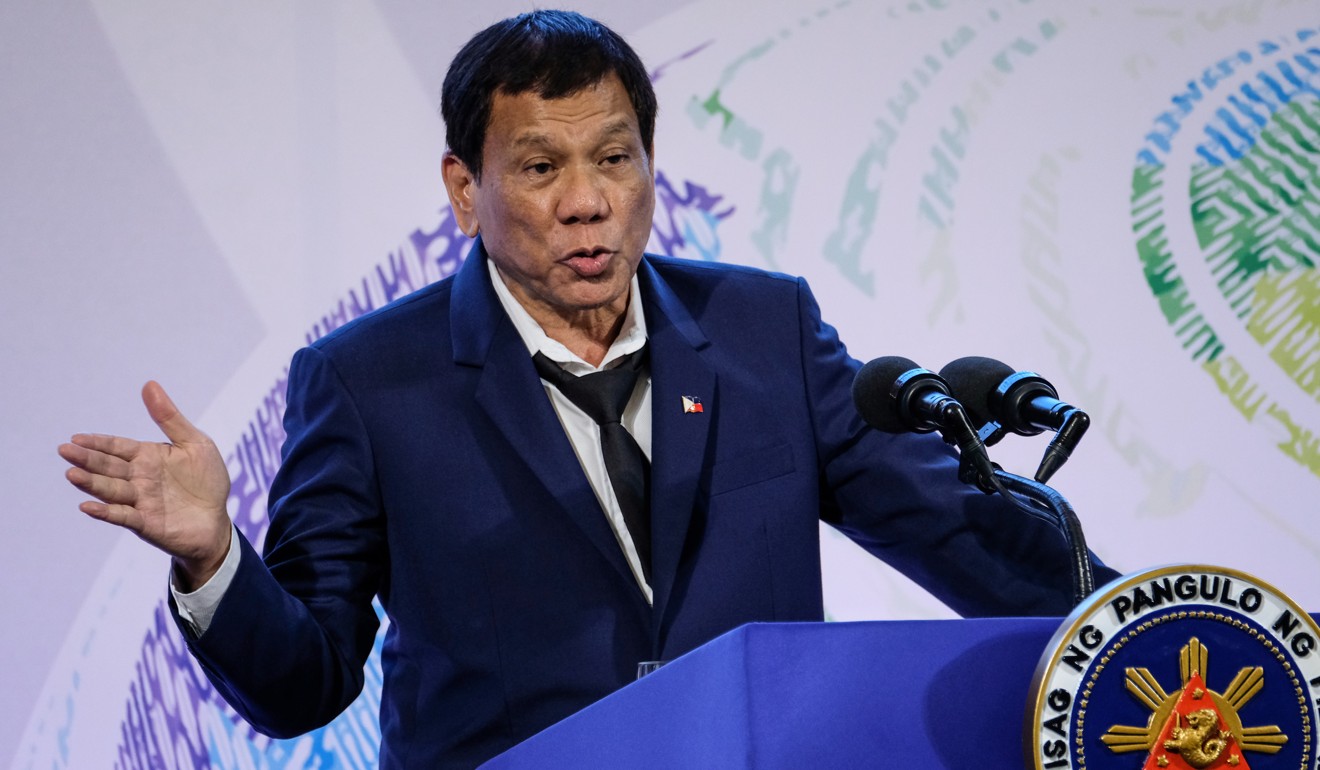
The US once feared allies would drag it into a war with China. How ironic
- President Rodrigo Duterte has threatened to end the Philippines’ military agreement with the United States
- Move highlights the challenges of managing America’s alliances in the age of its great power rivalry with China
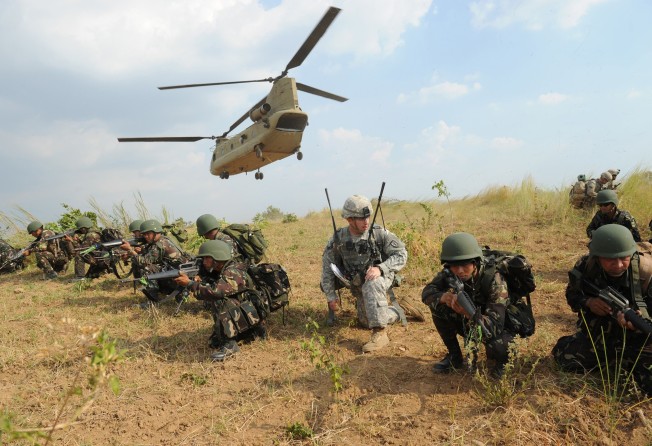
President Rodrigo Duterte’s threat to abrogate the Philippines’ Visiting Forces Agreement with the United States once again throws the spotlight on the increasingly fraught ties between the two long-standing allies.
The debacle also shows the growing challenges of managing America’s 70-year post-war “hub-and-spokes” alliance system in the age of its great power rivalry with China.
Duterte’s threat came after the US cancelled a visa for Senator Ronald dela Rosa, a move believed to be linked to the senator’s past involvement in Duterte’s violent war on drugs as chief of the Philippine National Police.
While remaining domestically popular, Duterte’s signature crackdown on drugs has been widely criticised by human rights groups for its excesses. Last month, the American senators Dick Durbin and Patrick Leahy inserted a provision in the US appropriations bill denying entry to Philippine officials involved in the incarceration of Senator Leila De Lima, a critic of the controversial drug war.
In response, Manila barred Durbin and Leahy from visiting the Philippines. Manila also threatened to introduce visa requirements for all Americans visiting the country if the sanctions on Philippine officials were enforced.

Duterte was incensed by what he sees as unwanted interference in his country’s sovereign judicial process.
Having promised to stand by the people he tasked with carrying out his anti-drug crusade, the mercurial leader made a show of backing the brawny former police chief, who was the face of the drug war before winning a senate seat in last year’s midterm elections.
Despite criticisms, the tough-talking president pledged to pursue his relentless war against drugs and crimes until the end of his term.
It’s possible that Dela Rosa’s case rekindled old wounds, as Duterte has himself been denied a US visa in the past.
After initially setting a one-month deadline for the US to reconsider its travel restrictions, Duterte ordered the Department of Foreign Affairs to set in motion the process to terminate the 20-year military agreement.
Defence Secretary Delfin Lorenzana is to discuss with the president the various scenarios concerning the possible termination of the agreement and what future actions may be taken by the country’s Defence Department and Armed Forces regarding the matter.
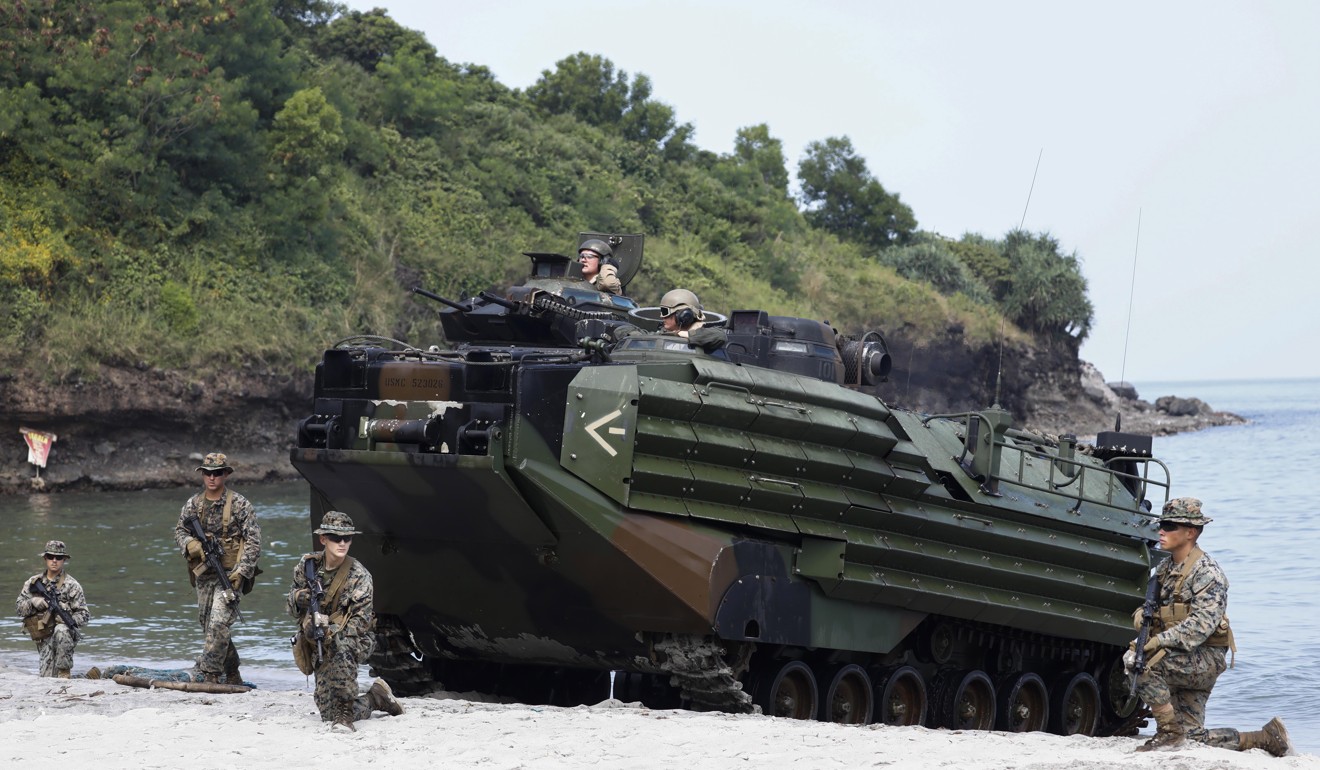
In another blow to US diplomacy in the region, Duterte also declined a US invitation to attend the proposed US-Asean (Association of Southeast Asian Nations) Summit in Las Vegas this March.
While the travel ban could be the immediate trigger, his sensitivity against foreign meddling in the country’s domestic affairs has long been known. He declined previous invitations to the US under the administration of Barack Obama and also snubbed the 2018 Asean-Australia Summit in Sydney because of Western criticisms of his drug war.
That said, talks are ongoing.
Last week, Secretary of Foreign Affairs Teodoro Locsin tweeted that he would fly to Washington on “unrelated matters”, though it seems likely the fate of the military agreement will be high on the agenda. Executive Secretary Salvador Medialdea will also meet the US Ambassador to the Philippines Sung Kim.
Interestingly, the president’s daughter and Davao City Mayor Sara Duterte-Carpio is also in Washington at the moment, alongside other officials from Davao and Zamboanga, taking part in a Southeast Asia counterterrorism programme sponsored by the State Department.
The younger Duterte, who is seen as a possible presidential candidate in 2022, apparently has a more internationalist outlook and does not necessarily see eye to eye with her father on certain policy issues.
Even Senator dela Rosa has said he will try to convince Duterte to let go of the incident and attend the US-Asean summit.
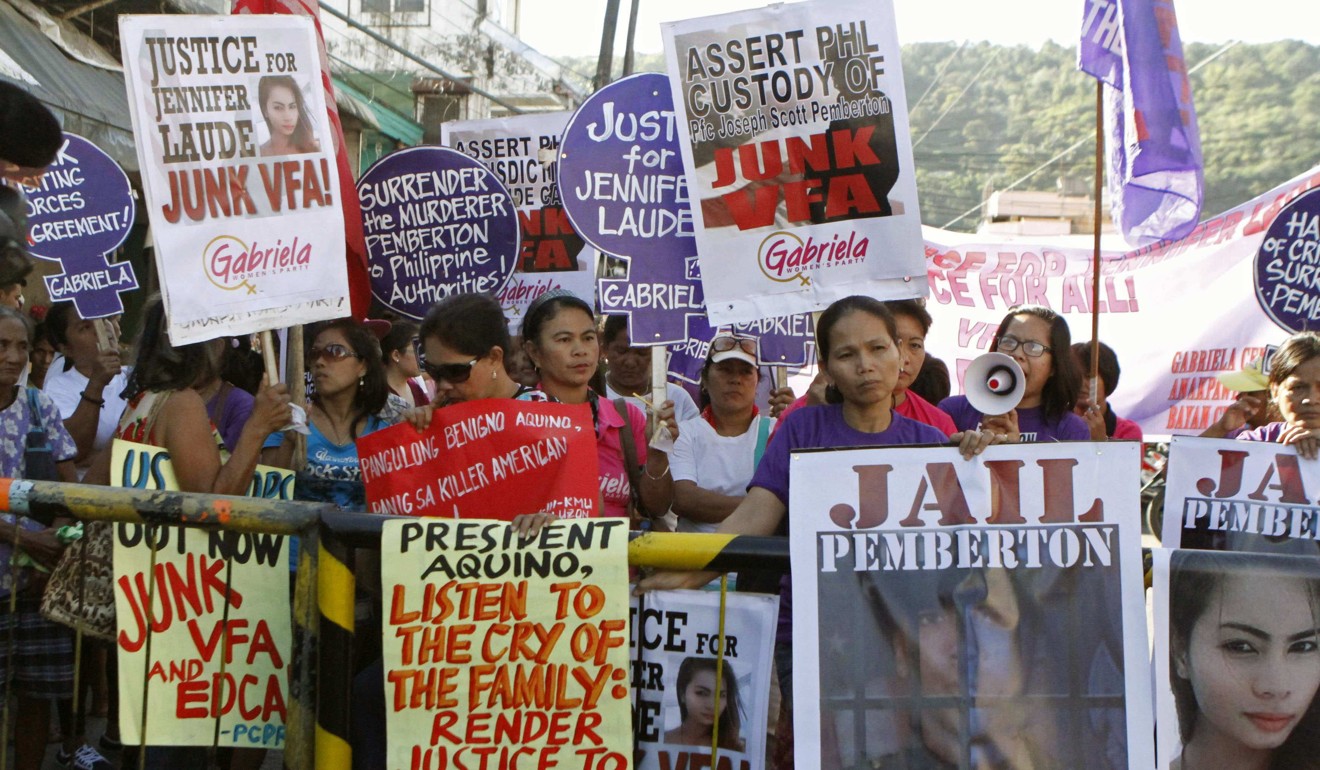
A TROUBLED HISTORY
The 1999 Visiting Forces Agreement provides the legal basis for US troops to enter the country and hold military exercises with their Filipino counterparts.
While it has contributed towards capacity-building and interoperability for the two allied militaries, the agreement has also been controversial.
Issues of custody over US personnel who committed crimes while in the Philippines tested relations, such as in the 2005 Subic rape case and in 2014 when transgender woman Jennifer Laude was killed by a US marine.
That said, support for robust defence ties remains strong especially given challenges such as terrorism and China’s growing presence in the West Philippine Sea.
Duterte’s no-show in Las Vegas may undermine Asean cohesion at a time when the 10-member bloc aspires to buttress its centrality and maintain constructive engagement with both the US and China.
In the past, some in the US worried about getting entangled in a conflict with China over the South China Sea because of its alliance commitments.
It seems the tables are now turned. Given the spiralling great power rivalry, Duterte is now the one concerned about getting dragged into a cataclysmic war with China because of the country’s decades-old alliance with the US.
But while Duterte’s preference for dialogue and dispute management with China over the maritime flashpoint has its value, the deterrent factor of the US alliance, despite its gradual erosion over time, remains potent.
The Philippines, under Duterte, poses challenges to managing alliance relations. But growing strains are also felt elsewhere. Japan and South Korea, for instance, are pushing back against demands for drastic and steep increases in their host nation support for US troops.
Outside the formal alliance system, US relations with Malaysia are also under pressure with Prime Minister Mahathir Mohamad opposing Washington’s trade war with China, its reimposition of sanctions on Iran and its proposed hosting of the Asia-Pacific Economic Cooperation forum this month.
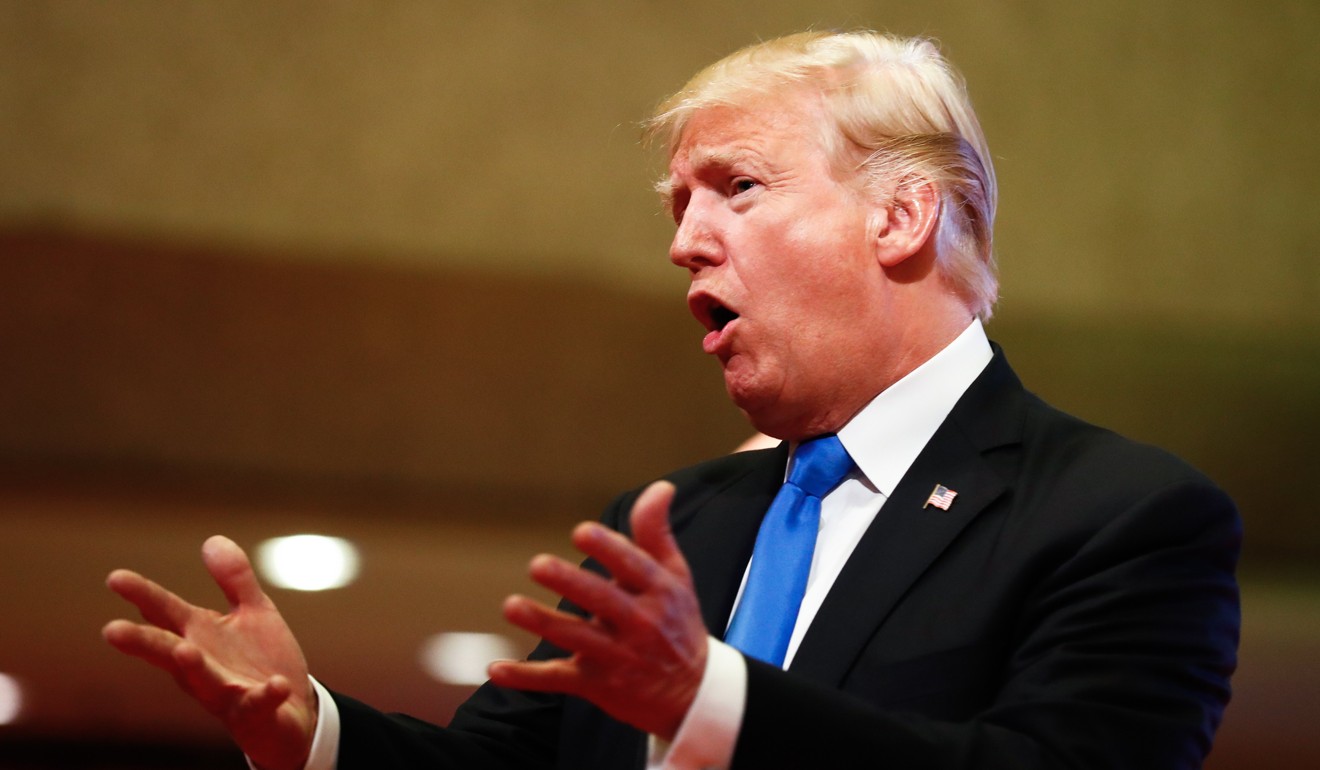
While Duterte appears to be a wild card, Donald Trump’s policies towards the region are as disruptive, if not more.
It is easy to dismiss Duterte, Mahathir or even Trump as aberrations that can be “corrected” by the next election cycle. But if these leaders are any indication of the new domestic impulses in their respective countries, then expect more uncertain times ahead.
As the hub, all these developments compel the US to revisit its regional alliances and partnerships to remain a great power in the fast evolving Indo-Pacific.
Lucio Blanco Pitlo III is an analyst on Asian security and connectivity affairs and a research fellow at the Asia-Pacific Pathways to Progress Foundation